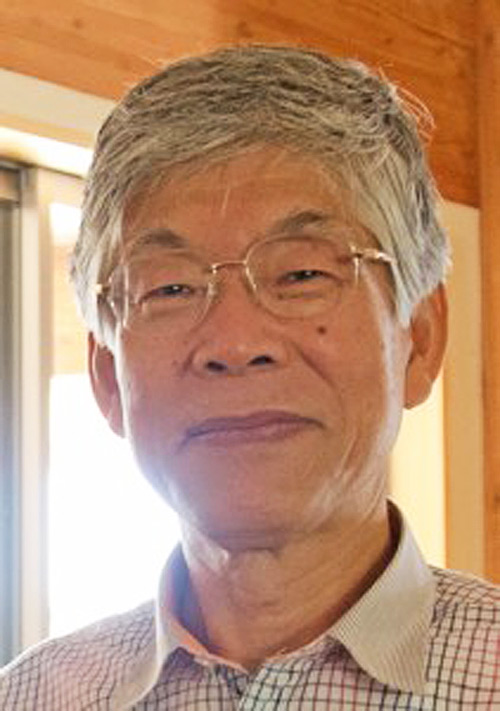Former CCA Executive Secretary Rev. Kenichi Otsu passes away

Rev. Kenichi Otsu, former Executive Secretary for Development and Service of the Christian Conference of Asia (CCA) passed away in the afternoon on Thursday, 22 June 2017 at the Red Cross Hospital in Otawara, Tochigi prefecture, Japan. He was 73 years old.
An ordained minister of the United Church of Christ in Japan (UCCJ), Rev. Otsu was widely recognised as a committed Asian ecumenical leader. Loved and respected by many in the ecumenical circles in Asia, he passionately served the ecumenical movement in various capacities. He was the CCA Executive Secretary for Development and Service for eight years. Subsequently, he served the National Christian Council in Japan (NCCJ) as the General Secretary.
Rev. Otsu was a member of the Commission of the Churches on International Affairs of the World Council of Churches (CCIA / WCC) from 1999 to 2006.
While expressing heartfelt condolences to the family and friends of Rev. Kenichi Otsu, on behalf of the CCA and the Asian ecumenical family at large, the General Secretary of the CCA Dr. Mathews George Chunakara said, “the churches and the ecumenical movement in Asia are indebted to Rev. Kenichi Otsu for his contributions to enabling and sensitising the Asian churches on a people-centered development agenda.”
“Kenichi Otsu relentlessly worked for introducing development education training among Asian churches in the 1980s and early 1990s, in order to equip church members to understand that development does not merely mean economic development, but also human, cultural, political, and social development, and through them, the restoration of human dignity and a just and sustainable society,” said the CCA General Secretary.
Recollecting his close association and friendship with his former colleague, Otsu at the CCA during the early 1990s, Dr. Mathews George Chunakara added, “Kenichi was a genuine human being and was always keen to extend support to his younger colleagues. He was passionate about challenging the Asian churches to be aware of Asian realities, and to get involved in a true development process with a people-centered approach.”
Rev. Kenichi Otsu was closely associated with the Japanese peace movement, especially the interfaith advocacy against the proposed changes in Article 9 of the Japanese Constitution. He had been serving the Asian Rural Institute in Japan as the Chair of the Board of Trustees.
He is survived by his wife Keiko Otsu, and a daughter.











